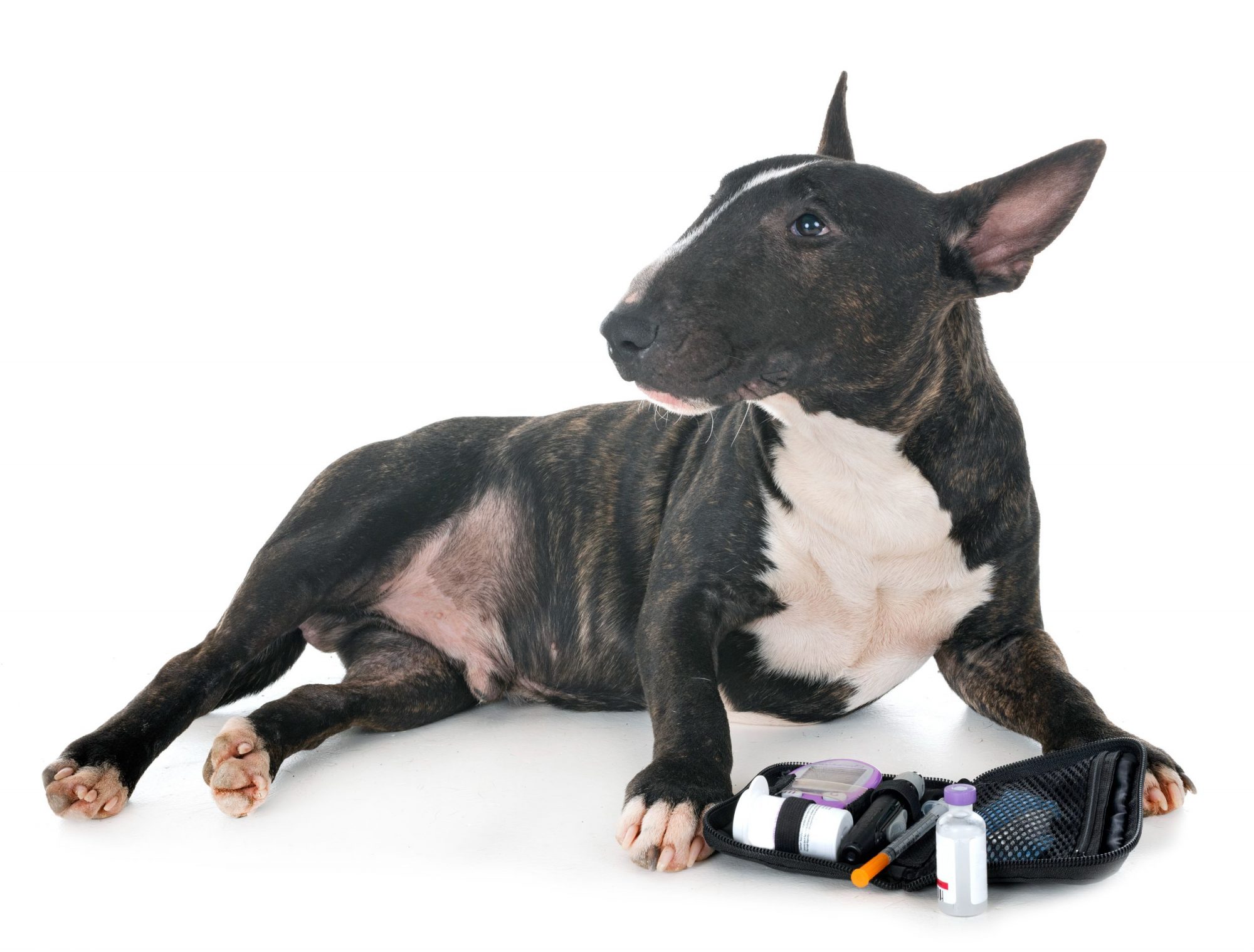Blog
Preventing Diabetes in Pets Is Possible

Diabetes in pets is a common disease that requires careful attention. Some breeds may be genetically predisposed to diabetes, but most cases can be prevented with a proactive approach with both diet and exercise. Pet diabetes can be treatable and oftentimes successfully managed.
Routine Care
An important facet of routine wellness care is determining a baseline for your pet’s health. Of course, we are always here for your pet when they are ill or injured, but we can get the best picture of their overall health when they are at their healthiest.
Every time your pet comes to see us, we get them on the scale. We take their weight and compare it with previous visits. If weight values veer from the previously determined baseline, we can act quickly to influence change.
Since pet diabetes is largely connected to obesity, it is vital to keep your pet at their ideal weight.
What Is Diabetes?
Caused by a lack of insulin production, or an inefficient biological response to the body’s insulin levels, pet diabetes can cause serious problems. In normal digestion, insulin carries glucose to the cells during and shortly after a meal. When the pancreas struggles to produce insulin, or the body doesn’t respond to insulin normally, the glucose from food cannot be deployed and converted into energy. The result is that blood sugar values rise to unhealthy levels.
Identifiable Symptoms
One of the telltale signs of pet diabetes is a sudden, inexhaustible need for water. In addition to excessive thirst, other side effects of diabetes include: frequent urination, lethargy, and changes to behavior, such as loss of interest in previously enjoyed activities. Left alone, pet diabetes can lead to kidney failure, urinary tract infections, seizures, and even death.
A Balanced Approach
Your pet depends on a diet rich in vitamins, minerals, proteins, fiber, and carbohydrates. It isn’t always easy to find pet food products that offer the right balance, and many pets have discerning tastes. That’s where we come in. We carry prescription foods that are tailored to meet a pet’s every nutritional need. We even offer a money-back guarantee if your pet doesn’t like it (but most of them do).
Of equal importance is portion size. To reach or maintain your pet’s ideal weight there are strict portion controls. You never want to starve a pet in order to shed extra pounds, but consistent meal measurements are key. Also, avoiding excessive treats and table scraps.
Get Moving
A primary reason that pets gain weight is because they eat more than they should and they don’t have opportunities to burn off excessive caloric intake. All pets benefit from daily exercise, and some animals need walks or runs more than once a day.
If you have any questions or concerns about the risk of pet diabetes, please reach out to us at (407) 831-5205 or schedule an appointment online. Our staff at South Seminole Animal Hospital is always here to help!
